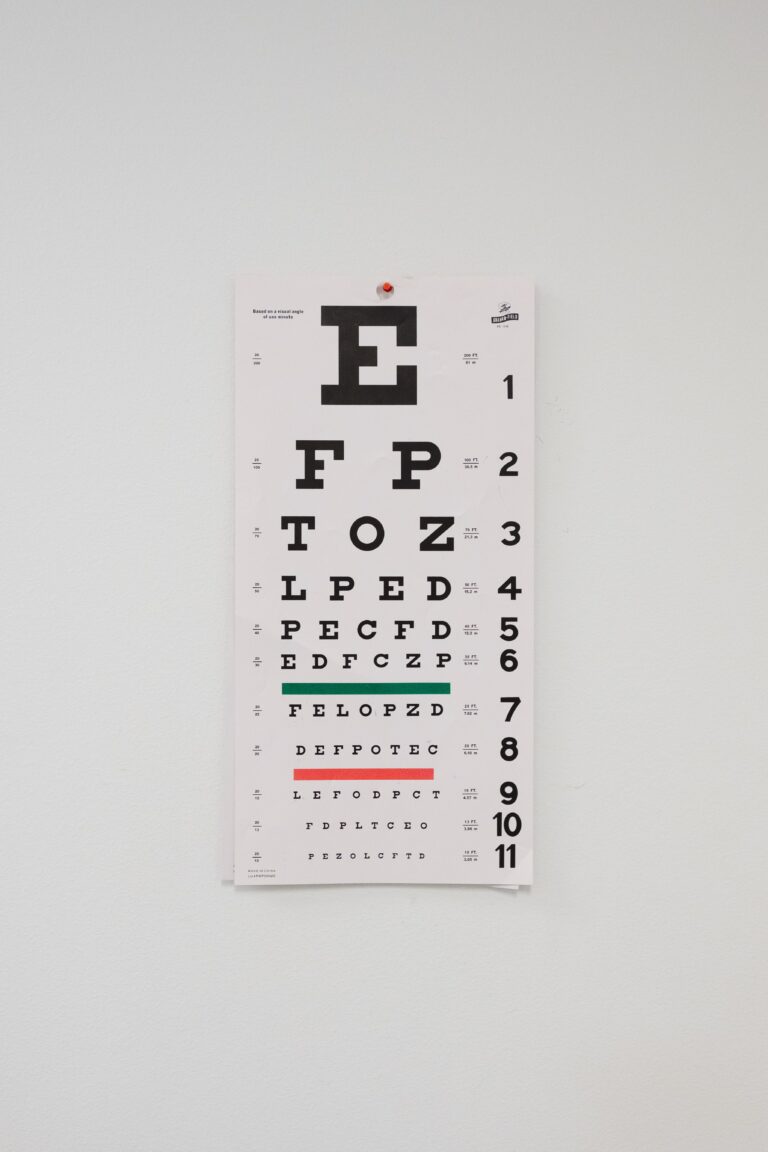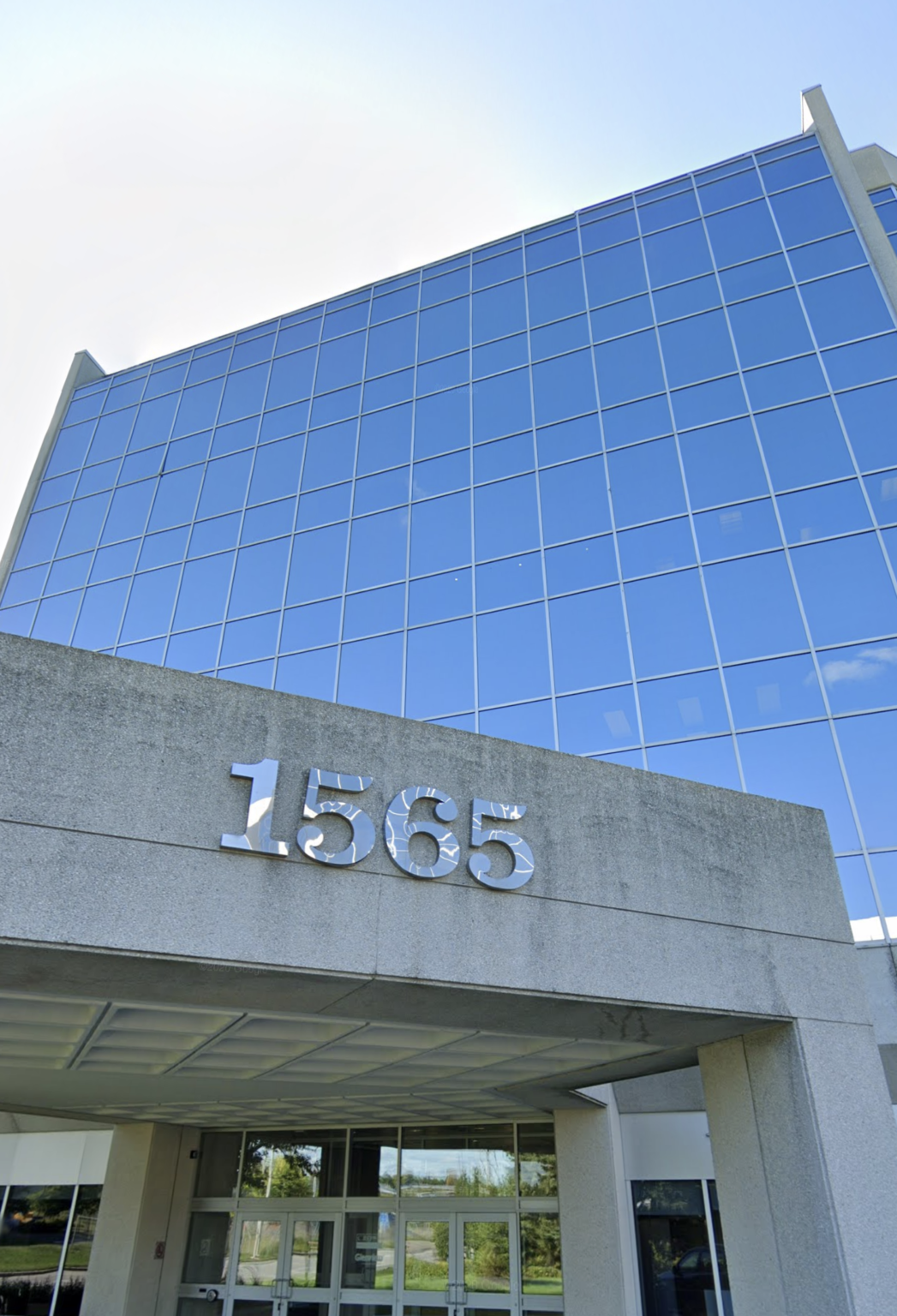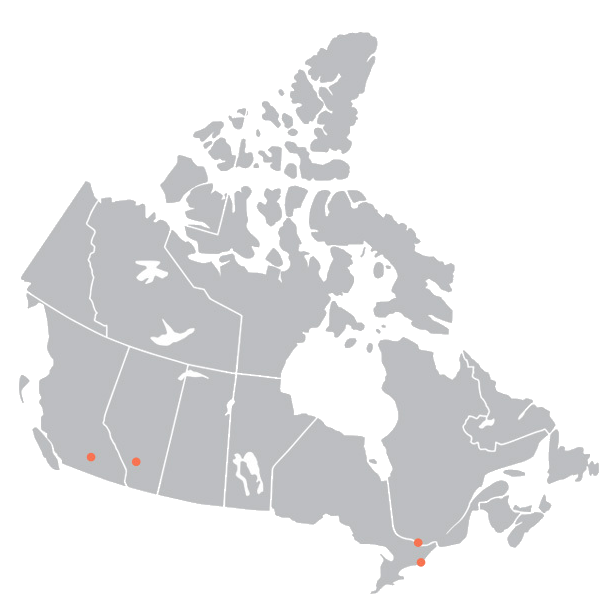EASTERN ONTARIO CATARACT SURGERY
MODERN CATARACT SURGERY
Cataract surgery is the most commonly performed surgery in Canada, during which your cataract is removed and an artificial intra-ocular lens is implanted.
WHAT IS A CATARACT?
Cataract is the progressive hazing of the natural crystalline lens in the eye. It causes decreased vision that can impact your ability to read, drive, work, and function. The time to have cataract surgery is when the Cataract is affecting your vision enough to interfere with your normal lifestyle. Anyone over the age of 40 may be affected.

“Cataract surgery is a very successful operation. One and a half million people have this procedure every year in North America, and 95% have a successful result.”
– Canadian Ophthalmological Society
THE CATARACT PROCESS
CATARACT VISION SIMULATOR



CATARACT SURGERY FAQ'S
Your eye works a lot like a camera. Light rays focus through your lens onto the retina, a layer of light-sensitive cells at the back of the eye. Similar to photographic film, the retina allows the image to be “seen” by the brain. Other changes you might experience include: blurry vision; glare, particularly at night; frequent changes in your eyeglass prescription; a decrease in color intensity; a yellowing of images; and, in rare cases, double vision.
A Cataract Assessment Appointment with an Ophthalmologist will be undertaken to determine the health of your eye, and if there is a cataract formation.
If there is a cataract present, patients are provided the options of an in hospital procedure, or a refractive cataract procedure through Focus at our CPSO accredited Level 2 Everest Surgicentre that will included advanced diagnostic testing, advanced technology IntraOcular Lens Selection and is intended to get patients to their best vision possible, and in certain cases, free of spectacle dependence.
Traditionally, a cataract procedure is performed when a patient starts to experience vision loss, including difficulty driving, reading or watching TV. However, you may want to take into account subtle changes to vision, such as loss of contrast sensitivity and loss of colour perception. You may notice that colours are faded and dull, and also that you have trouble seeing in low-contrast situations (e.g., at night). These are early signs that the cataract is affecting your vision.
Cataract surgery is not painful. Most patients describe a mild sensation of pressure around the eye.
Given the limitations of even the most advanced lenses, the goal is to help patients achieve spectacle independence by reducing a person’s dependence on glasses if not eradicating their need for glasses altogether. We work with each patient to help them achieve their best-possible visual outcomes based on personalized assessment and surgery, which can include a laser enhancement (Bioptics) for those who require it.
We use a suite of advanced, non-invasive tests — including 3D imaging, retinal scanning, and analysis of endothelial (corneal cell) health — to generate personalized data regarding eye health, and to assist the surgeon in determining IOL lens power and alignment.
Most patients can resume normal living, including chores around the house, such as cooking and light gardening, within a day or so after having a cataract procedure. It is important to take care to avoid irritating your eye after it has been operated on (e.g. with rubbing, or dirt or dust getting in the eye). Most patients can drive within 48 hours after the operation. Sunglasses should be worn to minimize sensitivity to bright lights and sunlight. Patients are advised against heavy lifting and any vigorous activities for the first week after a cataract procedure.
There are risks with every type of surgery. That said, the Mayo Clinic explains that complications after cataract surgery are uncommon, and most can be treated successfully, while the Eye Physicians and Surgeons of Ontario (EPSO) reports that, “Cataract surgery is a very successful operation. One and a half million people have this procedure every year in North America, and 95% have a successful result.”

ELIGABLE CATARACT SURGERY
At Focus Eye Centre, we combine proven technology with the greatest level of personalized care to help patients achieve their best possible visual outcomes.
Several newer innovations in Cataract surgery are not covered by OHIP and are
optional choices for all patients in Ontario. Optional special feature lens implants may:
• Treat astigmatism
• Reduce your need for glasses
• Attempt to improve the quality of your vision
DISCOVER FOCUS EYE CENTRE
At Focus Eye Centre, our goal is to combine the best of technological advances in Ophthalmology with the care level that is foundational for Focus Eye Centre to allow the Surgeon to work with you for an optimal result.

SCHEDULE YOUR
CATARACT EXAM
TODAY!


